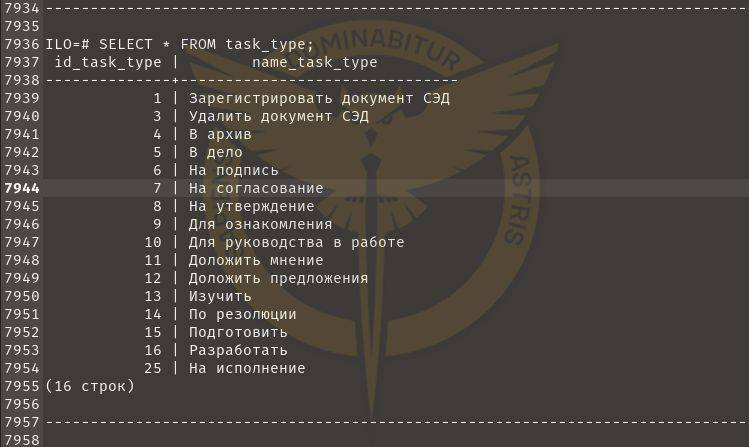Ministry: Ukrainian hackers disrupt transport services in Russian cities

Hackers of the IT Army of Ukraine targeted the Russian government and local systems, disrupting the fare payment system in Moscow and Kazan public transport, the Digital Transformation Ministry said on March 13.
Cyberattacks have become an increasingly common tool employed by both sides of the Russia-Ukraine war.
The multi-faceted cyberattack reportedly targeted the Troika fare payment system, used in 38 Russian regions.
The ministry said that as a result, owners of transport cards in Moscow and Kazan could not pay for their tickets, top-up travel cards, or pay for parking.
The IT Army of Ukraine, a group of volunteer hackers supporting Ukraine against Russian aggression, said the operation was prepared for nearly a month.
"Collateral damage exceeded our expectations, with visible damage to some state networks and associated providers, including the parking system," the group said.
Ukraine's military intelligence agency said earlier this month that it had hacked the servers of Russia's Defense Ministry, marking another successful cyberattack against Russia.
In turn, Ukraine suffered one of the largest attacks last December when a group of allegedly Russian-affiliated hackers disabled the services of Kyivstar, the country's leading telecommunications provider.












